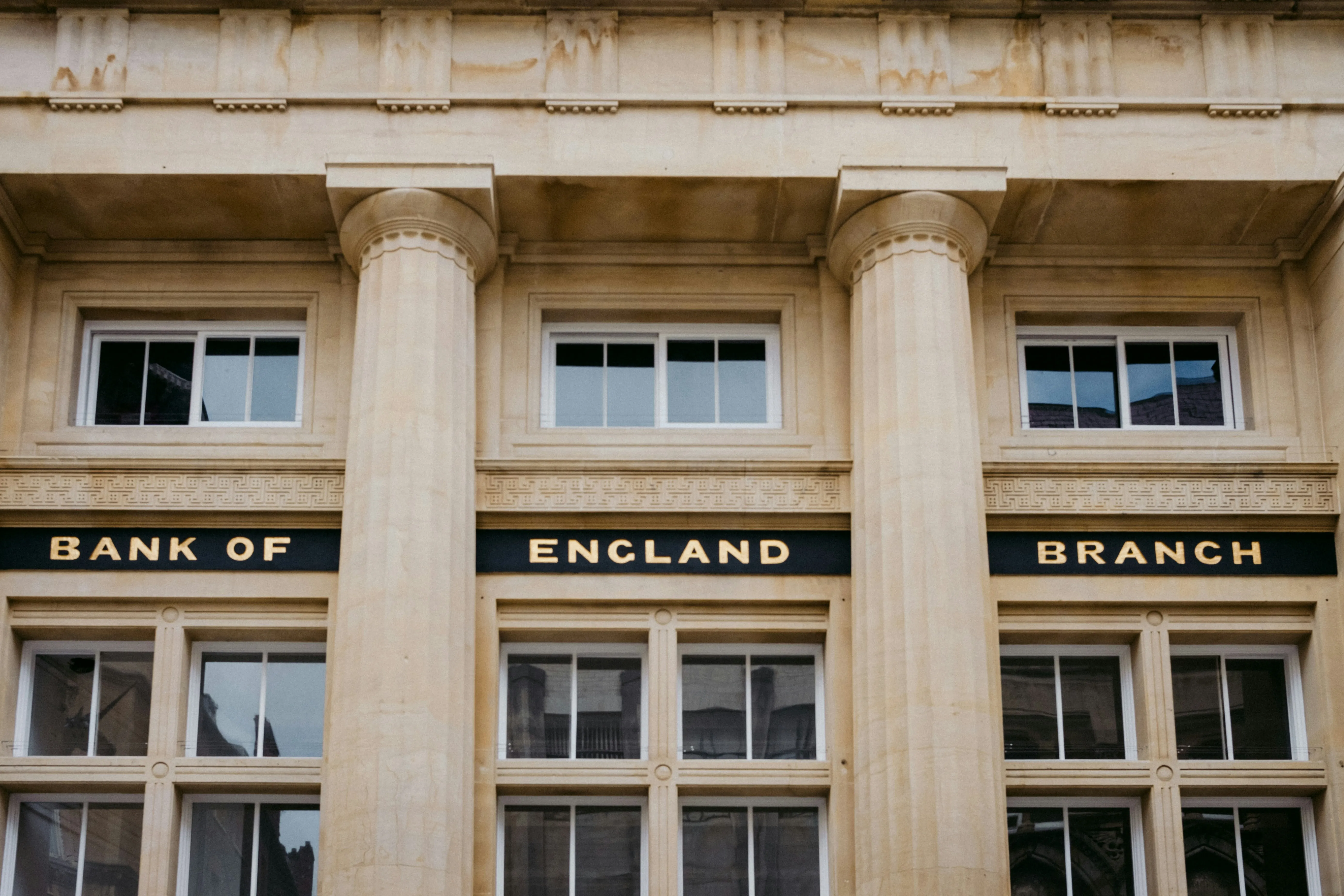Susie Violet Ward on why Britain’s getting Bitcoin wrong
The Bitcoin Policy UK CEO says misunderstanding and poor regulation are pushing talent away

While other countries launch ETFs, attract talent, and rewire their energy grids with Bitcoin in mind, the UK is stuck filling out forms. According to Susie Violet Ward, the message from policymakers is clear: we’re not ready for this. And the result? A growing list of missed opportunities.
Ward told The Crypto Radio that the UK is falling behind in the global cryptocurrency landscape.
"I think that there are a lot of countries that are doing a lot better than we are, and we're very, very much behind."
Bitcoin’s reputation problem
Ward identifies three key narratives that she believes continue to damage Bitcoin’s reputation in the UK:
"It's a Ponzi scheme, that it has no value, and that it's harmful to the environment."
Each of these, she argues, is based on outdated or misinformed assumptions – and in some cases, they ignore facts entirely. On the environmental front, Ward points to a practical example rooted in the country’s existing energy grid.
"When the wind is blowing really hard, you'll see that wind turbines are not turning... because you don't want to overload the grid."
Instead of wasting that energy, Bitcoin mining could be used to monetize it, reduce waste, and even support grid stability – something already being explored in parts of the US and Northern Europe.
“People think of Bitcoin mining as this destructive force,” she said, “but actually, it could be part of the solution when it comes to renewable energy adoption.”
A climate of regulatory uncertainty
Beyond public perception, Ward is clear about where much of the damage is being done: at the regulatory level.
Bitcoin Policy UK, the organization she co-founded, was created to respond to this very problem. By advocating for better understanding and fairer treatment of Bitcoin within government and financial institutions, the group aims to close the gap between innovation and regulation.
"At the beginning of 2024, when the US brought in a Bitcoin spot ETF, the Financial Conduct Authority in the UK made it harder for retail to buy and sell Bitcoin."
Ward contrasts the UK's stance with that of the US, where Bitcoin investment products are more accessible to the average person. In the UK, tighter restrictions and bureaucratic hurdles are creating a culture of exclusion.
"You now have questionnaires that you have to fill in... If you answer yes, you can't buy it."
These include questions about how much Bitcoin an investor owns relative to their total net wealth. In practice, this can prevent users from investing based on arbitrary thresholds.
The result, she argues, is a brain drain. “We’re seeing a mass exodus of builders and startups leaving for friendlier jurisdictions. And you can’t blame them.”
Bitcoin as financial infrastructure

The Bank of England symbolises centralized finance – Bitcoin offers a decentralized alternative. Photo: Unsplash / Annie Spratt
For Ward, Bitcoin is more than a speculative asset – it’s infrastructure. A new kind of money designed to function outside centralized systems of control.
"It's a peer-to-peer cash that separates money and state."
In a world of rising inflation, increasing surveillance, and complex financial intermediaries, she believes that Bitcoin offers an alternative built on transparency and independence.
"It's the best performing asset of the decade."
This, she adds, should be taken seriously by both policymakers and investors. While volatility remains, the long-term trend is clear – and so is the public interest in learning more about how Bitcoin works.
The political divide on Bitcoin
But if the benefits are so clear, why isn’t the UK embracing it?
Ward believes ideology plays a bigger role than people might think. In her view, there’s an inherent tension between Bitcoin’s decentralized ethos and the more centralized policies often favoured by mainstream UK parties.
"When you think about the premise of what [the Labour Party] is, it's more about socialism... more about centralization, and so therefore it's completely opposed to everything that we are asking for."
Even though the government often speaks about being pro-growth and pro-innovation, Ward suggests that the rhetoric doesn’t match the reality.
"Our government talks about growth, and they say all the right words, but their actions just don't marry up at all."
She points to missed opportunities in fintech, digital asset policy, and tax treatment – such as the failure to recognize Bitcoin lending as a tax-neutral transaction – as signs of a system that’s stuck in the past.
A turning point in sight?
Despite these frustrations, Ward remains cautiously optimistic.
"I can feel a shift happening... in 2025, they're going to have to start paying attention."
She believes the global tide is turning, and as countries like the US, El Salvador, and Germany move forward with clearer frameworks, the UK will have no choice but to catch up – or risk falling irreversibly behind.
Her call to action is grounded in practicality. She’s not asking for special treatment for Bitcoin, just a level playing field – and the political will to understand how this technology can be part of the UK’s future.
Whether it's helping stabilize renewable energy, offering financial alternatives, or attracting a new wave of entrepreneurs, Bitcoin, Ward argues, should not be dismissed out of hand.
A call for better understanding
Ward’s message goes beyond investment or ideology. It’s about rethinking the systems we’ve inherited – and being willing to question whether they still serve us.
“People hear the word ‘Bitcoin’ and switch off. But if you take five minutes to really understand it, it opens up an entirely different way of thinking.”
The question, in her view, isn’t whether Bitcoin can help – but whether the UK is willing to explore how.
Listen to the whole interview on The Crypto Radio's live player or in Guardians of Bitcoin podcast.



